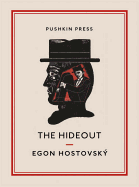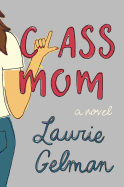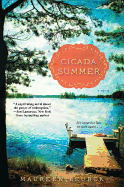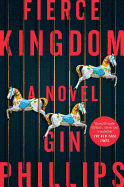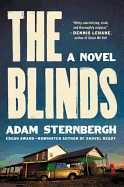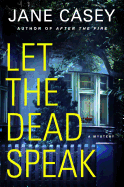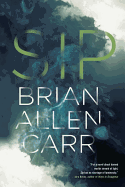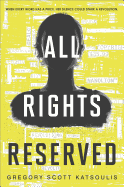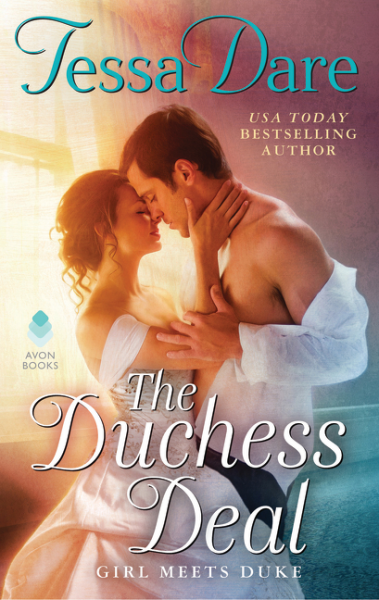 New York Times bestselling author Tessa Dare returns with The Duchess Deal: Girl Meets Duke, out now from Avon. The Regency historical romance is the first in a planned series and follows the adventures of a lowly seamstress and handsome but difficult duke who finds himself in need of a wife.
New York Times bestselling author Tessa Dare returns with The Duchess Deal: Girl Meets Duke, out now from Avon. The Regency historical romance is the first in a planned series and follows the adventures of a lowly seamstress and handsome but difficult duke who finds himself in need of a wife.
Emma Gladstone had learned a few hard lessons by the age of two-and-twenty.
Charming princes weren't always what they seemed. Shining armor went out of fashion with the Crusades. And if fairy godmothers existed, hers was running several years late.
Most of the time, a girl needed to rescue herself.
This afternoon was one of those times.
Ashbury House loomed before her, taking up one full side of the fashionable Mayfair Square. Elegant. Enormous.
Terrifying.
She swallowed hard. She could do this. Once, she'd walked to London alone in the bitter heart of winter. She'd refused to succumb to despair or starvation. She'd found work and made a new life for herself in Town. Now, six years later, she'd swallow every needle in Madame Bissette's dressmaking shop before she'd go crawling back to her father.
Compared to all that, what was knocking on the door of a duke?
Why, nothing. Nothing at all. All she had to do was square her shoulders, charge through the wrought-iron gates, march up those granite steps--really, there were only a hundred or so--and ring the bell on that immense, richly carved door.
Good afternoon, I'm Miss Emma Gladstone. I'm here to see the mysterious, , reclusive Duke of Ashbury. No, we aren't acquainted. No, I don't have a calling card. I don't have anything, really. I may not even have a home tomorrow if you don’t let me in.
Oh, good heavens. This would never work.
With a whimper, she turned away from the gate and circled the square for the tenth time, shaking out her bare arms under her cloak.
She had to try.
Emma stopped her pacing, faced the gate, and drew a deep breath. She closed her ears to the frantic pounding of her heart.
The hour was growing late. No one was coming to her aid. There could be no further hesitation, no turning back.
Ready. Steady.
Go.
From his library desk, Ashbury heard an unfamiliar ringing sound. Could it be a doorbell?
There it came again.
It was a doorbell.
Worse, it was his doorbell.
Damned gossips. He hadn't even been in Town but a few weeks. He'd forgotten how London rumors traveled faster than bullets. He didn't have the time or patience for busybodies. Whoever it was, Khan would send them away.
He dipped his quill and continued the letter to his feckless solicitors.
I don't know what the devil you've been doing for the past year, but the state of my affairs is deplorable. Sack the Yorkshire land steward directly. Tell the architect I wish to see the plans for the new mill, and I wish to see them yesterday. And there's one other thing that requires immediate attention.
Ash hesitated, quill poised in midair. He couldn't believe he was actually going to commit the words to paper. But much as he dreaded it, must be done. He wrote:
I need a wife.
He supposed he ought to state his requirements: a woman of childbearing age and respectable lineage, in urgent need of money, willing to share a bed with a scarred horror of a man.
In short, someone desperate.
God, how depressing. Better to leave it at that one line.
I need a wife.
Khan appeared in the doorway. "Your Grace, I regret the interruption, but there's a young woman to see you. She's wearing a wedding gown."
Ash looked at the butler. He looked down at the words he'd just written. Then he looked at the butler again.
"Well, that’s uncanny." Perhaps his solicitors weren't as useless as he thought. He dropped his pen and propped one boot on the desk, reclining into the shadows. "By all means, show her in."
A young woman in white strode into the room.
His boot slipped from the desk. He reeled backward and collided with the wall, nearly falling off his chair. A folio of papers tumbled from a nearby shelf, drifting to the floor like snowflakes.
He was blinded.
Not by her beauty--though he supposed she might be beautiful. It wasn't possible to judge. Her gown was an eye-stabbing monstrosity of pearls, lace, brilliants, and beads.
Good Lord. He wasn't accustomed to being in the same room with something even more repulsive than his own appearance.
He propped his right elbow on the arm of his chair and raised his fingertips to his brow, concealing the scars on his face. For once, he wasn't protecting a servant's sensibilities or even his own pride. He was shielding himself from…from that.
"I'm sorry to impose on you this way, Your Grace," the young woman said, keeping her gaze fixed on some chevron of the Persian carpet.
"I should hope you are."
"But you see, I am quite desperate."
"So I gather."
"I need to be paid for my labor, and I need to be paid at once."
Ash paused. "Your... your labor."
"I'm a seamstress. I stitched this"--she swept her hands down the silk eyesore--"for Miss Worthing."
For Miss Worthing.
Ah, this began to make sense. The white satin atrocity had been meant for Ash's formerly intended bride. That, he could believe. Annabelle Worthing had always had dreadful taste--both in gowns and in prospective husbands.
"When your engagement ended, she never sent for the gown. She'd purchased the silk and lace and such, but she never paid for the labor. And that meant I went unpaid. I tried calling at her home, with no success. My letters to you both went unanswered. I thought that if I appeared like this"--she spread the skirts of the white gown--"I would be impossible to ignore."
"You were correct on that score." Even the good side of his face twisted. "Good Lord, it's as though a draper's shop exploded and you were the first casualty."
Excerpt: Tessa Dare's The Duchess Deal: Girl Meets Duke
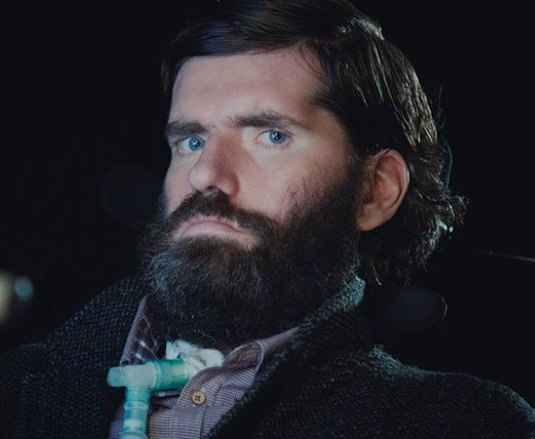
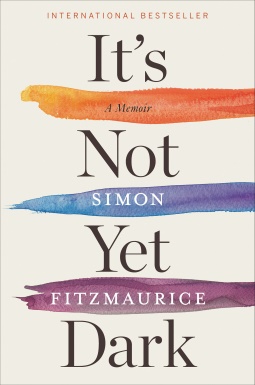 As Fitzmaurice and his family grapple with his disease--and with other changes, including the births of three more children--he becomes determined to capture every moment, every memory. While ALS comes to infuse his life, he refuses to let it dominate entirely. "I'm still alive," he says. "I can let this life crush me.... Or I can bear the weight. And live."
As Fitzmaurice and his family grapple with his disease--and with other changes, including the births of three more children--he becomes determined to capture every moment, every memory. While ALS comes to infuse his life, he refuses to let it dominate entirely. "I'm still alive," he says. "I can let this life crush me.... Or I can bear the weight. And live." 


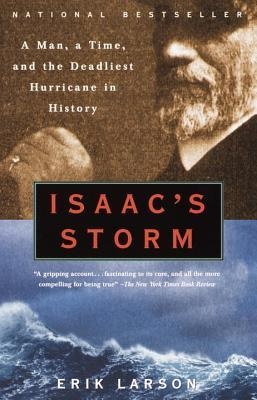 On September 8, 1900, a Category 4 hurricane made landfall in Galveston, Texas. The city, on an island just eight feet above sea level, was hit by a 15-foot storm surge. Some 3,600 homes were destroyed and 6,000 to 12,000 lives were lost, making it the deadliest natural disaster in U.S. history. Galveston never fully recovered. Even though the island was raised by 17 feet and a 10-mile-long seawall was constructed, the hurricane caused wary investors to shift their assets to nearby Houston, making it the dominant Texas port city.
On September 8, 1900, a Category 4 hurricane made landfall in Galveston, Texas. The city, on an island just eight feet above sea level, was hit by a 15-foot storm surge. Some 3,600 homes were destroyed and 6,000 to 12,000 lives were lost, making it the deadliest natural disaster in U.S. history. Galveston never fully recovered. Even though the island was raised by 17 feet and a 10-mile-long seawall was constructed, the hurricane caused wary investors to shift their assets to nearby Houston, making it the dominant Texas port city. New York Times bestselling author
New York Times bestselling author 
